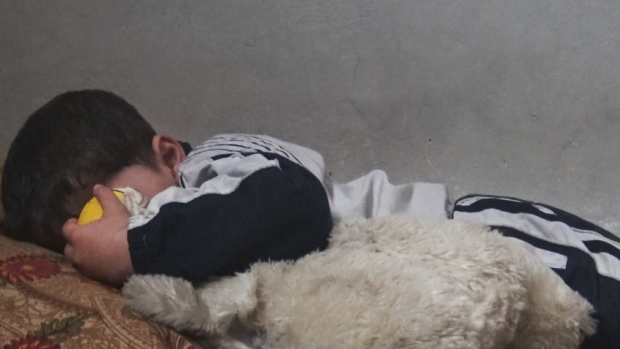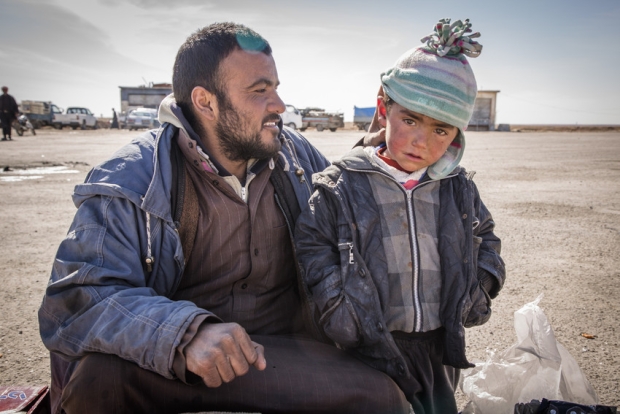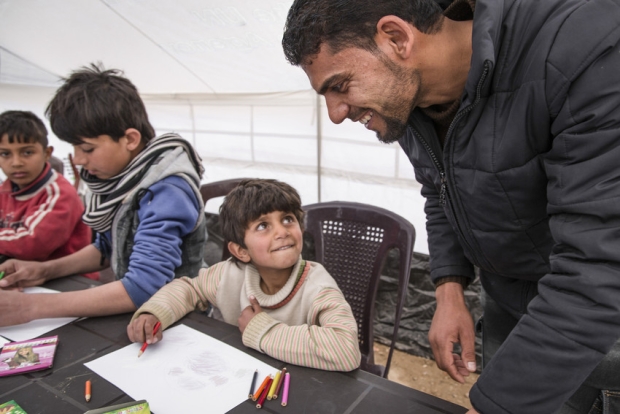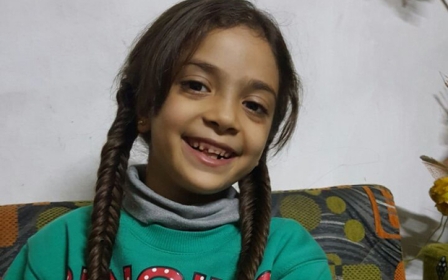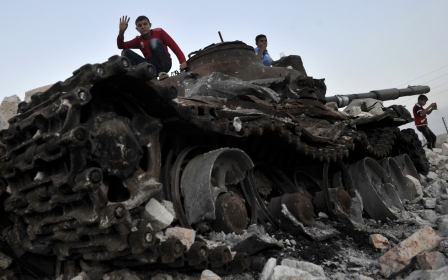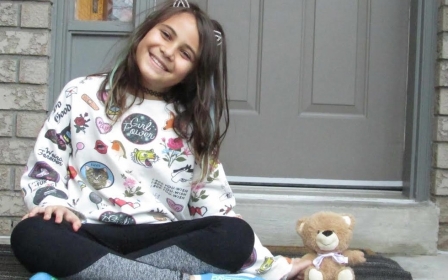Syrian children under 'toxic' levels of stress that could scar for life: Report
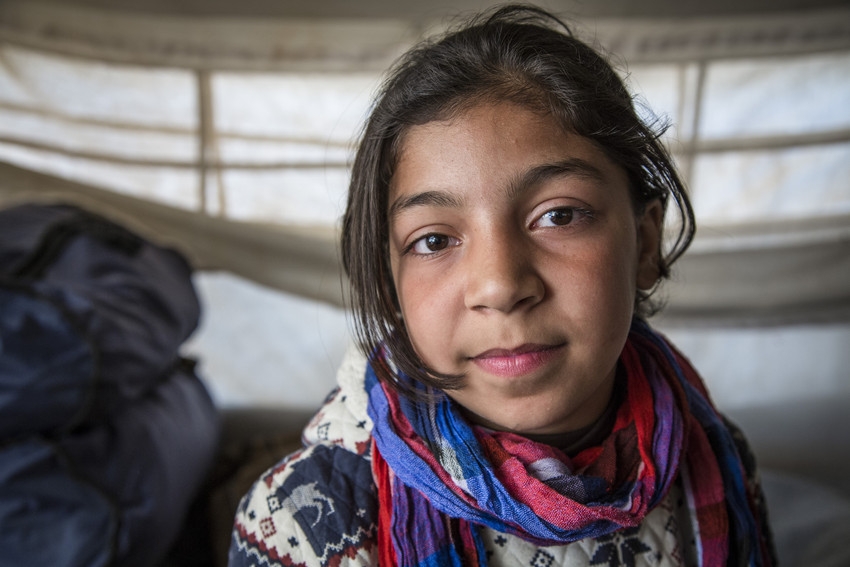
A generation of children in Syria is at risk of lifelong mental health problems after suffering nearly six years of war, a new report from Save the Children has found.
The majority of children spoken to show signs of severe emotional distress, says the report, entitled "Invisible Wounds: The impact of six years of war on the mental health of Syria’s children."
The report says many children in Syria are suffering from "toxic stress," the effects of which may be irreversible without adequate support.
Half of the children interviewed said they experienced regular or constant feelings of grief or extreme sadness
Save the Children spoke to 450 children, teenagers, parents and social workers across seven governorates in Syria for the report.
Toxic stress is defined, according to Alexandra Chen, a child protection and mental health specialist based at Harvard University, as "the most dangerous form of stress response that can occur when children experience strong, frequent or prolonged adversity without adequate adult support".
Half of the children interviewed said they experienced regular or constant feelings of grief or extreme sadness, and 78 percent have these feelings at least some of the time, the report states.
The biggest source of fear was bombing and shelling, and a general sense of a lack of security, the report says, with interviewees estimating that two out of three children in Syria have either lost a loved one, suffered injuries themselves, or had their house bombed.
Since an uprising against the government of Syrian President Bashar al-Assad, which began in March 2011, turned violent, nearly half a million people have been killed and half of the entire population has been forced from their homes, including around five million who have left the country.
Many children suffer from nightmares, and have trouble sleeping, from fear of not waking up, the report says, and experience bedwetting.
"My son wakes up afraid in the middle of the night. He wakes up screaming. This is how children have been affected," said Firas, the father of Saeed.
"A child was slaughtered in front of him, so he started to dream that someone is coming to slaughter him. When a child witnesses a beheading, how could he not get afraid?"
Such frequent exposure to traumatic events will likely lead to a long-term rise in mental health disorders, the report states, such as major depressive disorder, separation anxiety disorder, overanxious disorder and post-traumatic stress disorder, after the war ends.
Tamara, an aid worker in Idlib, which has witnessed intense Syrian government and Russian bombardment recently, despite a nationwide ceasefire, said that "children have lost their childhood".
"We see a lot of children suffering from involuntary urination and anxiety following a shock, particularly the sounds of explosions and bombs," she said.
'The psychology of children has changed – a child is always anticipating an attack now' - aid worker
"A lot of the children have difficulty speaking and are stuttering, and some of them suffer from partial amnesia. We see children from six to 15 who are not able to remember. The psychology of children has changed – a child is always anticipating an attack now."
There is also a concern, the report says, that children who are exposed to such extreme violence may ultimately become desensitised and become adults who are unable to feel empathy towards others.
Imprints of trauma
"Toxic stress" is having physical effects on children, the report states, and recent research has shown that the human body can retain imprints of trauma.
"My heart hurts because it beats too hard because I am scared," said Nour, between five and seven years old and from Aleppo, which came under government control in late 2016 after a fierce and bloody battle for the city.
Mohammed, who spoke in a group session of 15-17 year olds in rebel-head Eastern Ghouta said, “I feel depressed and as if I’m in another world. When I wake up I realise that I’m still here and then I cannot move my body.”
"Despite all they are going through, many children still dream of a better future, of becoming doctors and teachers who can contribute to building a peaceful, prosperous Syria," the authors write.
With sufficient psychosocial support, including art therapy, breathing techniques and singing classes, and access to education, children can open up and begin to feel more secure in themselves and their futures, the report says.
It is imperative, Save the Children concluded, that the international community and the UN acknowledged "the grievous harm that is being done to Syria’s children and demand an end to the violence".
Names in the report have been changed to protect the children.
Stay informed with MEE's newsletters
Sign up to get the latest alerts, insights and analysis, starting with Turkey Unpacked
Middle East Eye delivers independent and unrivalled coverage and analysis of the Middle East, North Africa and beyond. To learn more about republishing this content and the associated fees, please fill out this form. More about MEE can be found here.


